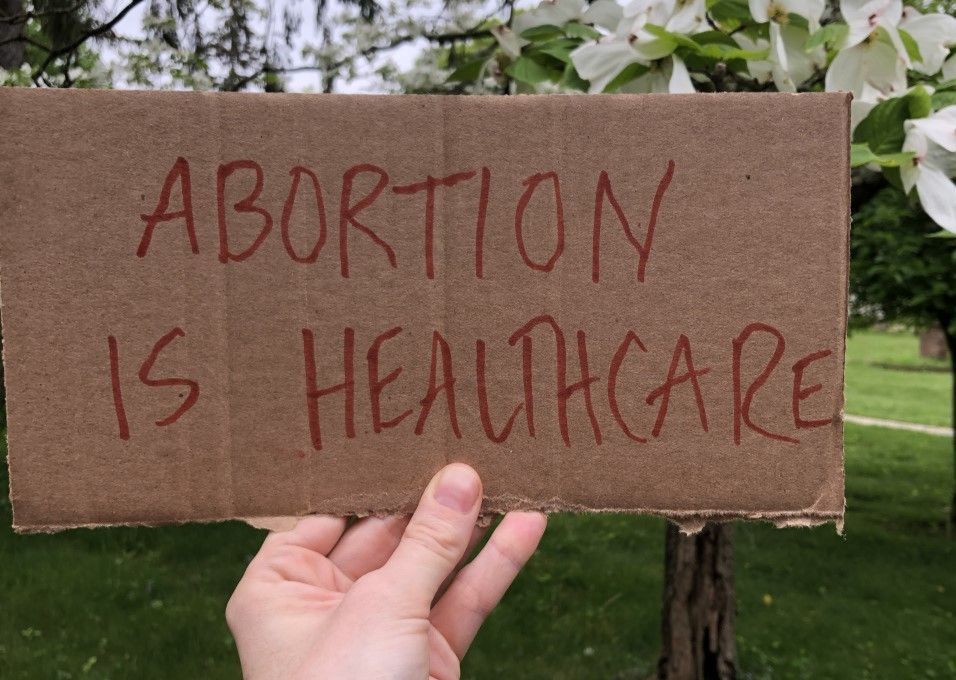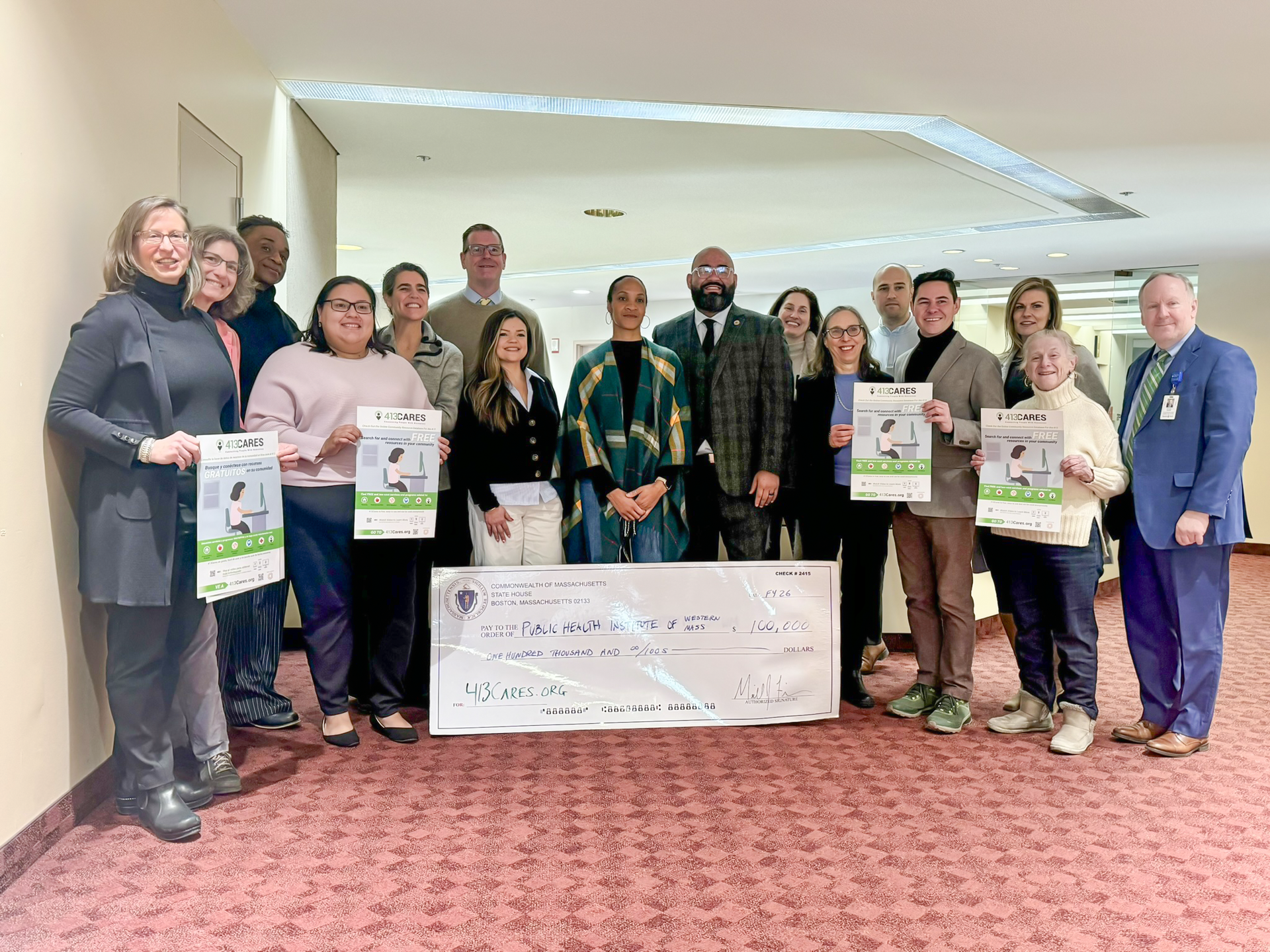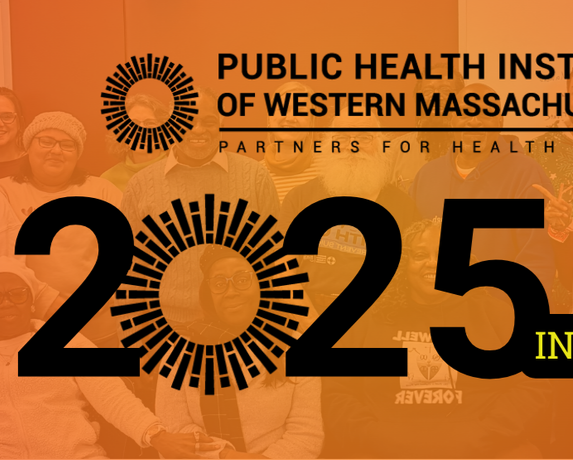Reflection on Women's Health, Safety, and Rights

Written by Jessica Collins, Executive Director and Attorney Liz Dineen, Board Member and CEO of YWCA of Western MA
Debates about Roe v. Wade (the 1972 Supreme Court ruling that enabled abortion rights) are roiled with hurt, hate, religious and political proselytizing, bitter dividedness, and most importantly, the tremendous risk to individuals who are pregnant. Pregnancy can often be a life and death situation, both in becoming pregnant and giving birth. Recent public health data show alarming inequities in both sexual violence and maternal health. Limiting abortion will have negative impacts, on the immediate and the long-term decisions that come with having a child: whether those decisions are related to health, finances, or social and emotional well-being.
PHIWM, in partnership with organizations like the YWCA of Western Massachusetts, released a report in 2019 on Sexual Violence Towards Girls and Women in Hampden County. In our report, we shared that sexual violence is a widespread public health problem that is often overlooked and underreported. In addition to the physical and emotional traumas of sexual violence, experiences of sexual violence are strongly associated with other types of violence, as well as a variety of negative sexual, mental, and physical health outcomes, including unintended pregnancies. Adolescent girls and young women, arguably, carry the greatest burden of sexual violence.
Data regarding maternal health is stark when viewed through an equity lens. The risk of pregnancy-related deaths for black women is three to four times higher than those of white women[i]. Similarly, infant mortality rates among black people are more than double those of white people.[ii]
For these two public health reasons and because we stand firmly behind a policy that upholds human rights, we feel it is important to highlight what is going on in our country and our Commonwealth to ensure the reduction of inequities and the protection of rights to safeguard safety and wellbeing for all. For most of our country’s history, women led on the care of both pregnancy and childbirth. In the latter part of the 20th century, these became medicalized and politicized, and though this country had provided laws to protect women’s rights, we are going backward with tremendous risk to women’s and family’s health.
In light of this national debate, it is important to understand the implications for people here in Massachusetts with regard to this health and safety issue. Restricting abortion access will not stop abortions, rather it will result in people seeking out unsafe abortion care. That is why Massachusetts lawmakers are preparing to both secure women’s rights here in MA and to support women who may come here from other states.
The Democrat-controlled Legislature passed the ROE Act in 2020 to codify and expand access to the abortion procedure over a veto from Governor Charlie Baker. Abortions are legal up to 24 weeks of pregnancy and are allowed afterward in cases of fatal fetal anomaly or to preserve a pregnant person’s health. Individuals as young as 16 years old can seek the procedure without consent from a parent or judge. If the Supreme Court strikes down Roe v. Wade and decisions around abortion become state ruled, then Massachusetts, like other states, could be safe harbors for people seeking the procedure.
Currently, advocates are asking for Massachusetts legislators to think about everything possible to protect people— from funding to provider protections, to patient protections, to expanded access. Massachusetts House lawmakers already passed $500,000 to expand abortion access in their budget to support people from out of state, while the Senate included $2 million.
When policymakers debate policy and law that can result in the intensification of health inequities, it is imperative that they understand health data, patterns of social strife, and injustices.
[i] MA Department of Public Health. Maternal Mortality and Morbidity Initiative. https://www.mass.gov/service-details/maternal-mortality-and-morbidity-initiative Accessed 5/17/22.
[ii] Kaiser Family Foundation. Infant Mortality Rate by Race/Ethnicity, 2019. https://www.kff.org/other/state-indicator/infant-mortality-rate-by-race-ethnicity/?currentTimeframe=0&sortModel=%7B%22colId%22:%22Location%22,%22sort%22:%22asc%22%7D Accessed 5/17/22
share this
Related Articles




